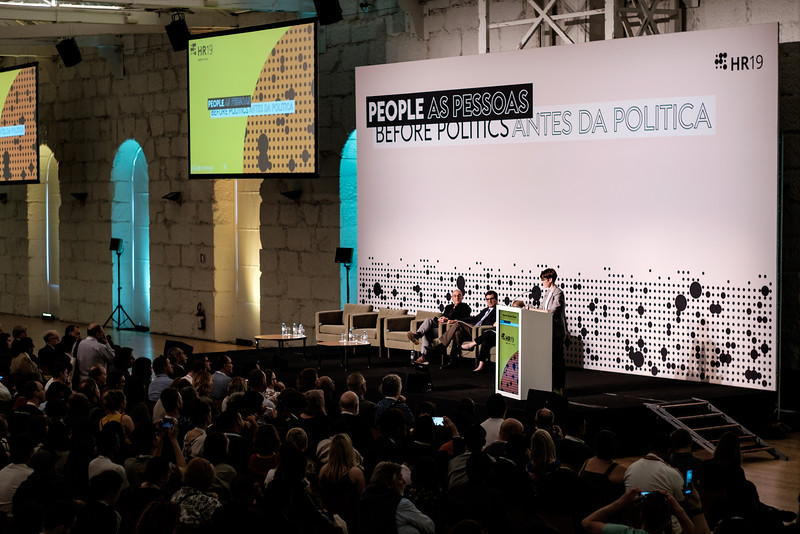329 NGOs call for global leadership to halt global public health emergency and to end egregious human rights violations against people who use drugs.
As the 26th International Harm Reduction Conference comes to a close, hundreds of health professionals, academics, drug policy and human rights experts, frontline workers and people who use drugs released a statement calling on world leaders to urgently address the health and human rights crisis among people who use drugs.
Signatory NGOs shed light on the alarming public health emergency faced by people who use drugs. Between 2009 and 2015, the number of drug-related deaths rose by a worrying 60%. In 2015 alone, this culminated in a total of 450,000 deaths – an estimated 50 deaths every hour. The target to halve the incidence of HIV among people who inject drugs by 2015, set eight years ago, was spectacularly missed by 80%, and HIV prevalence increased by one third among people who inject drugs over the same period. Furthermore, globally, six in ten people who use drugs are living with hepatitis C, while 168,000 people who use drugs were reported to have died of an overdose in 2015 alone.
These health harms are preventable. The evidence, presented at the Conference this week, shows that harm reduction and human rights-centred drug policies can save lives, prevent the spread of HIV and hepatitis C, and promote the dignity and empowerment of people who use drugs. But this requires leadership from both governments and the UN.
 Naomi Burke-Shyne, Executive Director of Harm Reduction International (HRI), said: ‘The evidence for harm reduction is indisputable. It is nothing short of disgraceful that governments continue to fail to support and invest in health services for some of the most marginalised people’.
Naomi Burke-Shyne, Executive Director of Harm Reduction International (HRI), said: ‘The evidence for harm reduction is indisputable. It is nothing short of disgraceful that governments continue to fail to support and invest in health services for some of the most marginalised people’.
The joint NGO statement also expresses serious concerns over the ability of the UN Office of Drugs and Crime (UNODC) to adequately lead the UN response on this issue. By its very mandate and construction, the UNODC remains more attuned to the law enforcement response to drugs. As a result, UNODC leadership has consistently failed to unequivocally champion harm reduction, human rights and decriminalisation, and has lost further creditability with repeated silence in face of egregious human rights violations. Today, people who use drugs continue to be victims of incarceration, compulsory detention, denial of access to healthcare, corporal punishment, institutionalised violence, stigma and discriminations, and – in the most extreme cases – extrajudicial killings.
In response to the vacuum of political leadership, NGOs conveying in Porto have called for global leadership to protect the human rights of a ‘population under attack’ and demanded that these unacceptable human rights abuses to come to an end.
 Ann Fordham, Executive Director of the International Drug Policy Consortium (IDPC), stated: ‘just over ten years left for countries to meet their global commitment to champion health, reduce inequalities, and provide access to justice for all, as enshrined in the UN’s Sustainable Development Goals, there has never been a more urgent need to strengthen political leadership at all levels. Faced with the current crisis, complacency can no longer be tolerated’.
Ann Fordham, Executive Director of the International Drug Policy Consortium (IDPC), stated: ‘just over ten years left for countries to meet their global commitment to champion health, reduce inequalities, and provide access to justice for all, as enshrined in the UN’s Sustainable Development Goals, there has never been a more urgent need to strengthen political leadership at all levels. Faced with the current crisis, complacency can no longer be tolerated’.





 The programme of the Conference is available
The programme of the Conference is available 

